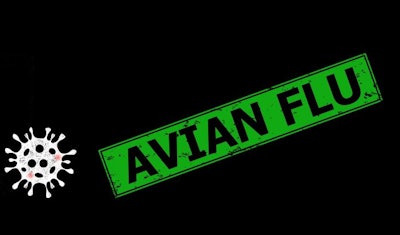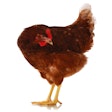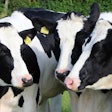
The U.S. Department of Agriculture's Animal and Plant Health Inspection Service (APHIS) is placing restrictions on the importation of poultry from France, as well as live ducks, duck eggs, and unmitigated/untreated duck products from the APHIS-recognized European Poultry Trade Region (EPTR, excluding Great Britain) as well as Iceland, Switzerland, Liechtenstein, and Norway.
These restrictions are due to increased risk of introducing highly pathogenic avian influenza (HPAI) into the United States and are effective October 1, 2023.
The restrictions are based on the World Organisation for Animal Health’s definition of poultry and are the result of France’s decision to vaccinate commercial meat ducks against HPAI. France’s decision to vaccinate presents a risk of introducing HPAI into the United States.
The United States does not currently allow the import of poultry from countries affected with HPAI or from flocks that have been vaccinated by HPAI. Vaccination of poultry against HPAI virus may mask HPAI virus circulating in poultry. Vaccinated birds may not show signs of HPAI infection, which could lead to the export of infected live animals or virus-contaminated products to the United States.
European Union (EU) Member States and other European countries have open access to the European common market for trade in avian commodities. Many of these countries are also part of the EPTR for export purposes. The EPTR allows listed European countries to self-impose and self-lift restrictions for HPAI disease for the purposes of trade.
When the EPTR was established, European countries were not considering vaccination against HPAI at the time. Therefore, APHIS did not evaluate HPAI vaccination in the review of the European countries. Vaccination against HPAI leaves the United States potentially exposed to an undetermined risk from EPTR imports. With the way poultry moves under the EPTR, we currently cannot be assured countries trading in the European common market can reliably certify that exports do not originate from European countries that vaccinate poultry for HPAI. Accordingly, these restrictions address the risk of open trade within Europe while accounting for the higher risk with imports from France.
APHIS is engaged in ongoing discussions with the European Commission about HPAI vaccination programs in the EU.
















